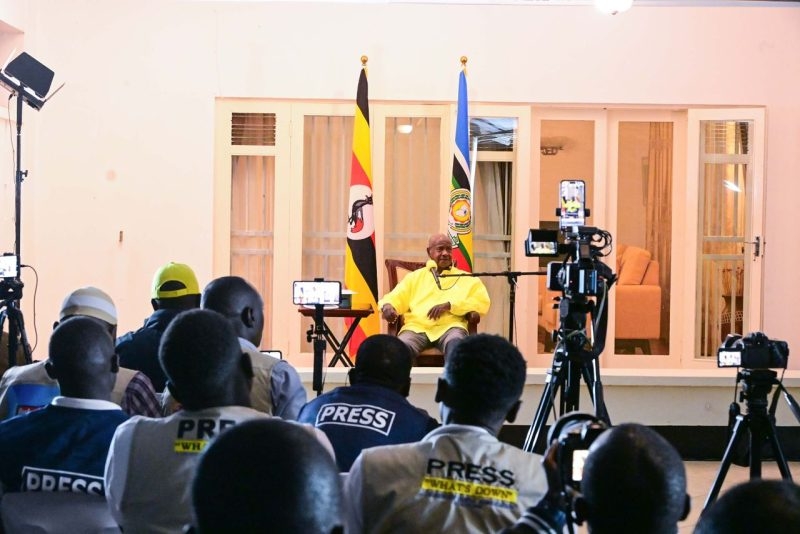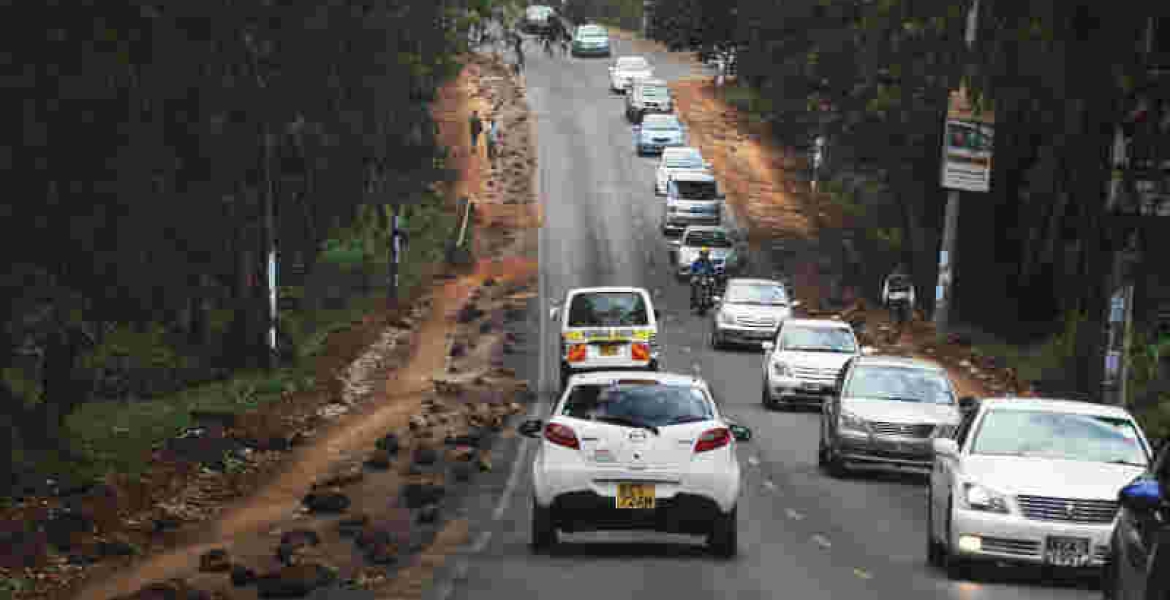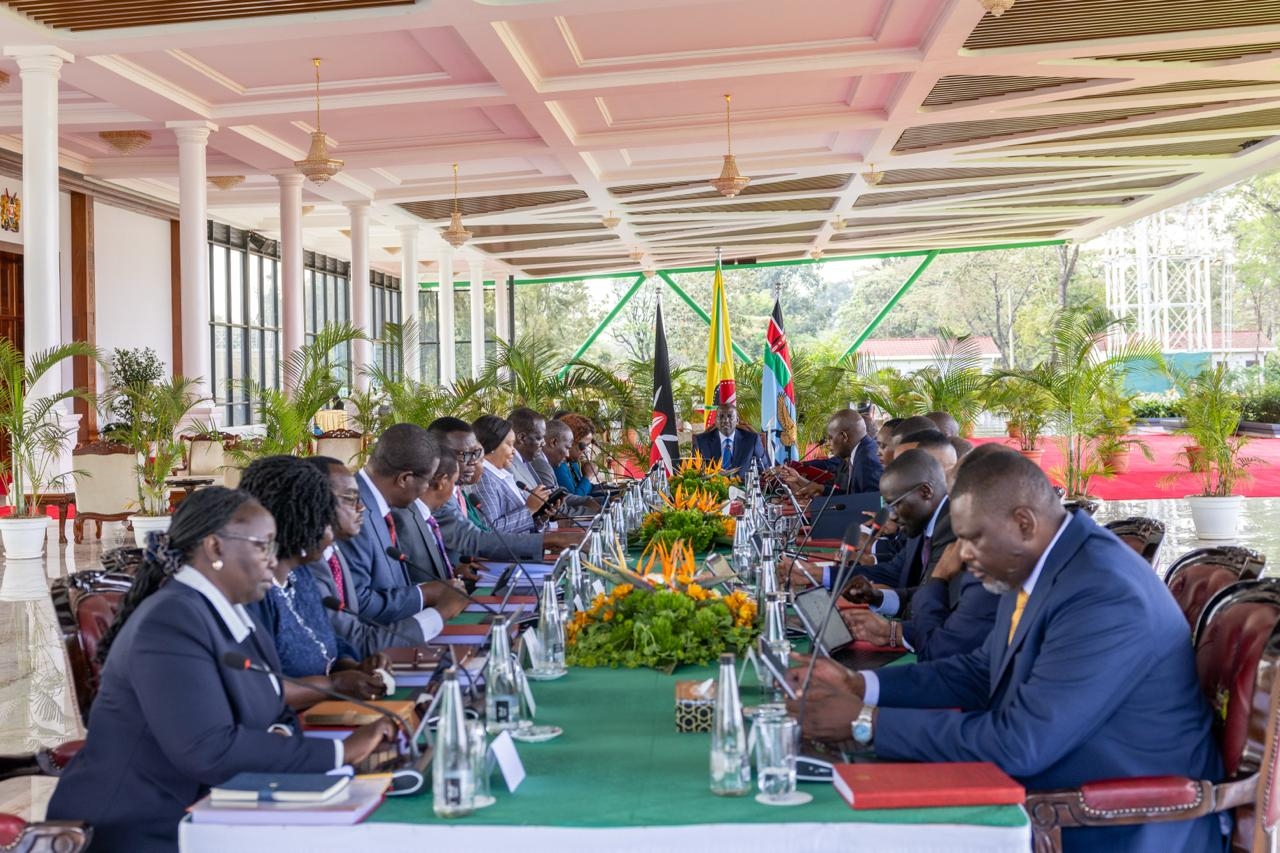The charges of genocide, terrorism, and crimes against humanity that the Director of Public Prosecutions and DCI are planning to level against controversial Malindi Pastor Paul Mackenzie will not hold any water, some criminal lawyers have said.
On Tuesday, Interior CS Kithure Kindiki while on the tour of the 800-acre Shakahola forests, where bodies of people believed to be Mackenzie’s followers are being exhumed, described the deaths as genocide.
As of Tuesday evening, 90 bodies of people who had been secretly buried in the vast forest, had been exhumed. At least 37 victims had been rescued and taken to hospital.
Kindiki, who on Sunday declared the Shakahola forest a crime scene and ordered that it should be sealed off completely, said the DPP Noordin Haji and the DCI Mohammed Amin, are exploring charging pastor Mackenzie with genocide and terror-related charges.
“Over and above, a terrorism case can be built to charge Mackenzie and his collaborators. They can also be charged with the crime of genocide under Kenyan law and under international convention,” he said.
“The government will do what it takes to convict Mackenzie and all those who helped him commit the crime. They will all pay, and do not expect him to be out of jail for the rest of his life.”
President William Ruto has also equated the Shakahola horror to terrorism.
"What we are seeing in Kilifi, Shakahola, is akin to terrorism. Terrorists use religion to advance their heinous acts. People like Mackenzie are using religion to do the same thing,” said Ruto on Monday.
However, lawyers in the country have weighed into the matter, saying charges of genocide and terrorism against Mackenzie cannot be proved in any court.
Dr Sarah Kinyanjui, the Director of the University of Nairobi, Mombasa campus, said Mackenzie’s acts are heinous and grave, not only in quantitative terms but also in the inhuman and audacious mode in which they were committed.
However, she said the challenge for the DPP will be balancing public interest and strategy to secure a conviction.
“The gravity of the offences presents a public expectation of the most serious charges. But, to secure a conviction, the DPP will have to settle for the most serious offence that can warrant a conviction,” Kinyanjui said.
She added; “crimes against humanity for instance is a serious charge, but meeting the threshold for the element of organisational policy is a tall order for the DPP.”
She said the DPP's decision will also be guided by the evidentiary consideration.
“It will all depend on the evidence they secure, most of which may not be in the public domain as yet,” she said.
Benjamin Njoroge, a former Mombasa Law Society chairperson, told the Star the idea to charge Mackenzie with genocide and terrorism is far-fetched.
“I do wish to tell the DPP to be very innovative on the charges that will be pressed against that pastor because it will be difficult to prove beyond reasonable doubt that indeed genocide took place,” Njoroge said.
Dr Duncan Ojwang, a law lecturer in Nairobi, said in a genocide case, the prosecution has to prove that there was deliberate killing of a group of people, either as a whole or in part.
“You have to prove that there was an intention to destroy an ethnic group, a race, religion or any particular group of people. In Mackenzie’s case, how do you prove that the pastor had intended to destroy that group of people?” Ojwang posed.
“You have to prove that Mackenzie was killing with an aim to depopulate that group.”
According to Dr Ojwang, who is a former Dean of Law at African Nazarene University, the case that can convict Mackenzie include; illegal disposal of bodies, tress passing of that 800-acre land (if he has no legal ownership documents) and establishing centres against the public order act.
“We may want to know why the bodies were being buried without notifying the authorities, that is a charge that can convict Mackenzie. Thereafter, he will have to prove that he was never involved in their deaths,” he said.
He said it is not easy to just prescribe charges without facts, therefore, the DCI and DPP should allow the facts and evidence to lead them to the prosecution.
He also urged the DPP and DCI to go after Mackenzie’s victims and charge them either with attempted suicide or negligence (for those whose children have died).
“For victims, whose kids have died, it will be easy to convict them with negligence that led to the death of their children. They can also be charged with attempted suicide, and therefore, Mackenzie can also be charged with aiding those crimes,” he said.
Paul Magolo, a criminal lawyer practising in Mombasa, said Mackenzie might walk out without any conviction because charges of genocide cannot be proved against him.
“We are not saying he is not guilty, but the charge of genocide that is being prescribed against Mackenzie might not hold any water,” he said.
Meanwhile, the Law Society of Kenya President Eric Theuri, said they have formed a team of lawyers that will help the DCI and DPP in charging Mackenzie.
“As LSK, we may not be able to say what charges should be mounted against the pastor, but we have formed a team that will work with the DPP and DCI to ensure that the victims get justice,” Theuri said.
He said LSK wants to look at how the victims of Pastor Mackenzie’s teachings will be compensated and others repatriated.
“We want the victims who have lost their property, those who have lost their lives, and those who have lost their children, properly compensated by that pastor,” he said.
-Edited by SKanyara












